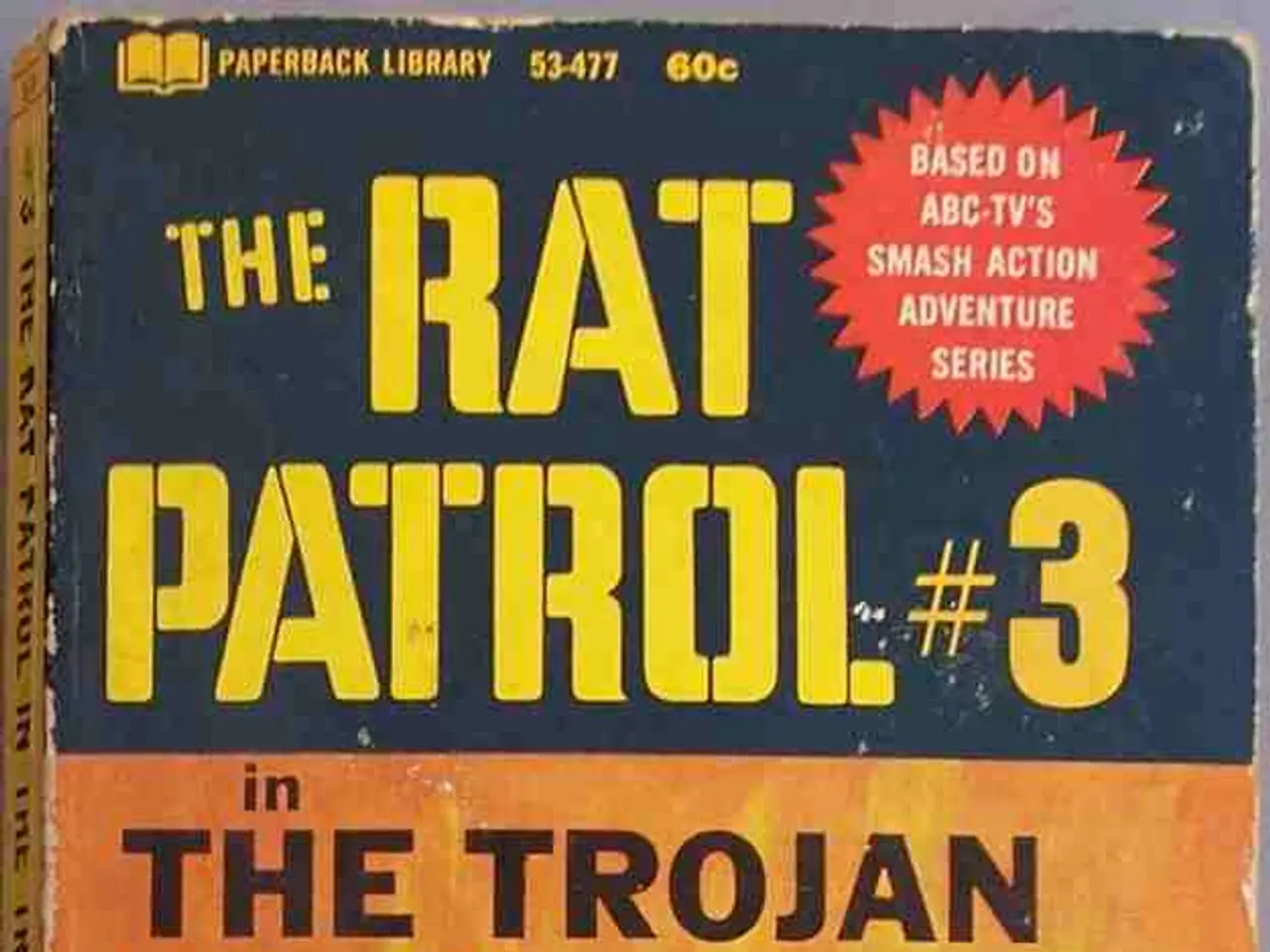Discourses in Geneva may sway the U.S.'s stance on involvement in the potential clash between Iran and Israel.
In the heat of the ongoing Iran-Israel conflict, discussions revolving around potential resolutions to this dangerous standoff are happening in Geneva. European and Iranian leaders have gathered, searching for a diplomatic path that could help quell the escalating tensions. However, these negotiations face formidable obstacles, primarily due to the absence of the United States in direct participation[1].
The U.S.'s role is crucial, given its alliance with Israel, yet it's not engaging in these talks, making the prospects of a successful agreement appear questionable. Heated demands such as "zero enrichment" of uranium and restrictions on heavy missile systems are on the table, but progress or agreements on these points remain elusive within the discussed context[1].
The talks center on fostering broader diplomatic engagement to reduce hostilities, but the vibe emanating from both parties demonstrates skepticism about the effectiveness of these discussions when the U.S. is not part of the process and given Iran's history of employing proxy strategies and regional ambitions[1].
As the battlefield continues to see intense combat, Iran unexpectedly launched a pre-dawn assault on seven Israeli locations using Khorramshahr-4 missiles, allegedly equipped with fission warheads[2]. Israel countered by attacking Iran's Arak reactor, Isfahan nuclear site, and several missile launch facilities, and they claim to have been damaging or eliminating multiple missile depots continually.
The tension spirals further, with Israel's Defense Minister Yisrael Katz threatening to assassinate Iran's Supreme Leader Ali Khamenei, and Prime Minister Netanyahu asserting that Israel's actions will transform not just the Middle East, but the world[2]. Iran has intimidated to retaliate against U.S. bases in the Gulf and may try to obstruct or even mine the Strait of Hormuz[2].
China's President Xi Jinping and Russia's Vladimir Putin have intervened, calling for an immediate ceasefire and V. Putin explicitly warning against U.S. military interference[3]. In hopes of finding a peaceful resolution, U.S. envoy Steve Witkoff has reportedly contacted Iranian FM Abbas Araghchi after the initial Israeli strikes, with Tehran proposing concessions on the nuclear front if Israel halts its attacks and the U.S. exerts pressure[3].
The most recent missile barrage, called "Operation True Promise 3," targeted critical locations in Israel such as Beersheba's Military Intelligence building, Soroka Hospital, and Tel Aviv's Stock Exchange. The attack left Soroka Hospital heavily damaged and led to 271 injuries, six of whom were in critical condition, sparking Israeli accusations of war crimes[2]. Israel continues to threaten escalating retaliation, while military censorship hinders verification and objective reporting.
As diplomatic efforts slip and slide and the risk of escalation remains high, the U.S. military prepares for potential action. U.S. Press Secretary Caroline Leavitt indicates that President Trump will make a decision within two weeks on whether to pursue military action, reiterating that diplomacy is the primary goal. Should diplomacy fail, the U.S. is ready to "defend American interests anywhere."[4]
The ongoing Iran-Israel conflict has sparked intense discussions among politics, war-and-conflicts, and general-news, with the U.S.'s role being pivotal due to its alliance with Israel, yet it is absent from direct participation, making a peaceful resolution challenging. Despite calls for an immediate ceasefire by China's President Xi Jinping and Russia's Vladimir Putin, the spiraling tension and threats of escalation by both parties have raised concerns, with the possibility of U.S. military intervention looming if diplomacy fails to de-escalate the situation.








